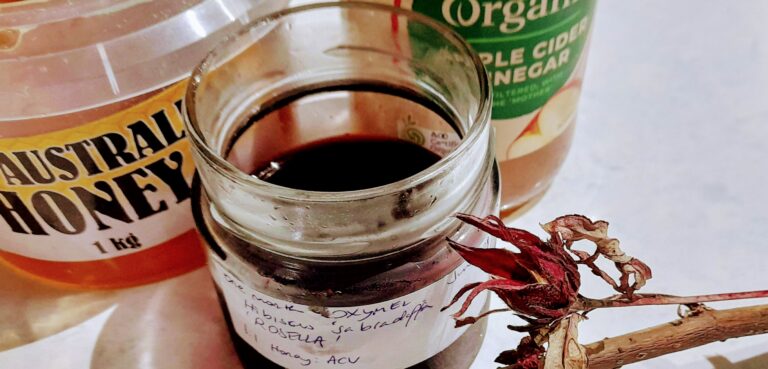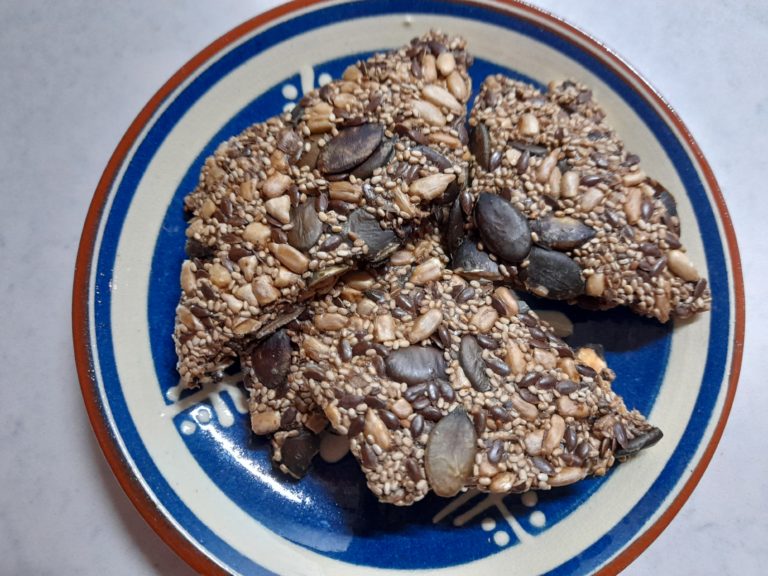What to do about Poor Sleep
There are three main organs in the body that respond to stress:
- The hypothalamus (manages the release of hormones and other physiological functions)
- The pituitary gland (receives signals from the nervous system)
Together they control the adrenal glands that release hormones in response to stress.
3. The adrenal glands (near the kidneys)
Together these are called the HPA axis.
The HPA axis and stress and sleep
Our body’s stress reaction system evolved to run away from sabretooths – or stand and fight if we had to – or to freeze up and hope.
In today’s world we don’t do that (in our bodies) – but the worrying we do can put this trio badly out of whack.
One of the results of that is sleeplessness. Sleep issues show up in different ways:
- Sleep onset – getting to sleep in the first place.
- Disturbed sleep – tossing and turning instead of sleeping deeply.
- Sleep maintenance insomnia – waking up in the middle of night or early in the morning,
There are a whole lot of factors that can cause sleep problems – but stress is a major factor.
There are all sorts of individual reasons for not sleeping well, but some of the top ones include:
- medication side effects
- temperature
- depression
- poor sleep hygiene
Two basic practices can often make a big sleep difference:
- Good sleep hygiene
- Stress management
Stress management
In the era of COVID-19, stress is at an all-time high in the world. Managing it is a great investment in your overall quality of life.
Some key tips are:
- Meditation – even a simple breathing meditation can be powerful
- Journalling – to help you keep things in proportion
- The “3 good things” diary (described at the end of this post)
- Emotional Freedom Technique (EFT) is easy to learn.
Listen to MY BREATHING MEDITATION
Good sleep hygiene
Good sleep is a habit you can build – not just “what the universe sends”.
Simple practices that can improve your sleep patterns include:
- Going to bed at the same time – and not too late. The hours of sleep that you get BEFORE midnight are extra-powerful.
- Getting up at the same time in the morning – and connecting your eyes with outside light (through the window or going out into the sun.) This helps to reset your body clock as to “when is morning?”
- 1 hour before bed – stop external stimulation. Turn off the TV, put down the phone, lower the light, listen to relaxing music, do some journalling – anything calming.
- Keep the room dark, quiet and cool.
- Get your phone out of the bedroom – if you need to know the time use a clock.
- Don’t have electrical devices within 1 metre of your head. (Check the other side of the bedroom wall.)
- Keep your bed for sleep and sex and meditation – not for entertainment like TV or reading.
- Avoid evening caffeine.
Herbal remedies and supplements
There are a range of supports:
- Herbal teas such as chamomile, lemon verbena and passionflower can make a difference.
- Many people find melatonin, magnesium and kava useful.
- Specific herbal tonics designed for you the individual can 1) reduce stress and 2) help sleep.
Sleep is surprisingly complicated – because we’re all different
We have different bodies and we live different lives.
There are lots of other solutions if the basics don’t help you significantly – talk to your friendly local naturopath about a customised personal solution.






